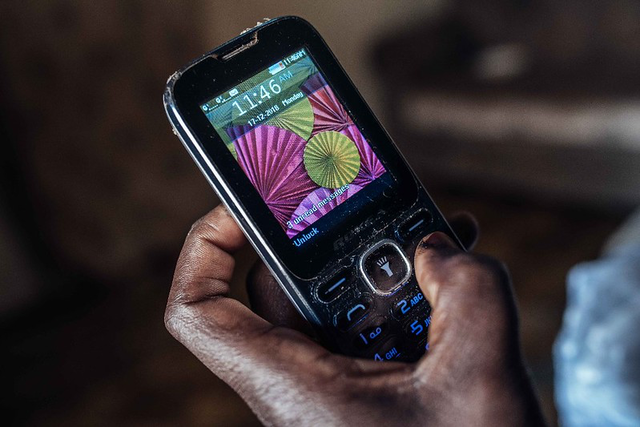How can mobile phones help poor people?
Mobile phones can be used in ICT4D (Information and Communication Technologies for Development) to help poor people.
Mobile phones can be a powerful tool for promoting development and improving the lives of people in developing countries, by providing access to information, opportunities, and services. For example:
- Healthcare: Mobile phones can be used to access health information and services, including telemedicine and other remote healthcare services. This can help to improve access to healthcare, especially for people in remote or underserved areas.
- Education: Mobile phones can be used to access educational resources, including online courses, educational videos, and other materials. This can help to improve the quality of education and expand opportunities for learning.
- Employment: Mobile phones can be used to find and apply for jobs, as well as connect with potential employers and clients. They can also be used to start and run businesses, providing a source of income and economic opportunities.
- Communication: Mobile phones can be used to stay connected with friends and family, and to access news and information from around the world. They can also facilitate the exchange of ideas and facilitate collaboration with others.
- Political participation: Mobile phones can provide a platform for people to engage in political discourse and participate in the democratic process, helping to promote transparency and accountability in governance.
Surprise! Free Public Internet Access Venues Do Not Compete with Mobile Phones for Users
The Public Access, Private Mobile report studied the interplay of shared access and the mobile Internet for teenagers in Cape Town.
It covered a large amount of...
Mobiles Transforming School Governance in Uganda
Uganda introduced Universal Primary Education (UPE) in 1997 as a step towards the realization of universal access to basic education. Since then, the Ugandan Government...
Free Zone is Google Stepping Up its Game to Challenge Facebook in South Africa
You remember Facebook Zero, the no-cost access to Facebook that is helping to double Facebook users across Africa? Now check out Google’s come back:
Free...
The Top 6 Technology Challenges in International Development
Let us be honest with ourselves. Most of the shiny, flashy new technology is not designed for the developing world we care about.
Technology is designed for the...
How Technology Can Support Migratory Children and Youth
The November 14, 2012, Technology Salon NYC focused on ways that ICTs can support work with children who migrate. Our lead discussants were: Sarah Engebretsen and...
mWASH: Mobile Phone Applications for the Water, Sanitation, and Hygiene Sector
In the past decade, water and sanitation practitioners have begun deploying mobile phones as tools to improve water, sanitation, and hygiene (WASH) services. In...
The Best Mobile Data Collection System Exists: Choice is the Challenge
You might think that the topic of collecting data via mobile devices would be a rather dry discussion of data management and statistical methodology....
Key Takeaways from the World Bank’s 2012 Maximizing Mobile Report
As of 2012, nearly three-quarters of the world’s population has access to a mobile phone. Soon it will be common knowledge that the developing world is more dependent...
How Can We Use Mobile Devices for Youth Workforce Development?
This week the mEducation Alliance* will host its second symposium, bringing together institutions and organizations that are interested in and/or supporting...
The Mobile Learning Toolkit for ICT4D Trainers
The Mobile Learning Toolkit is the result of research into mobile phone use and user needs within the African context, however it has been developed for use in all...






